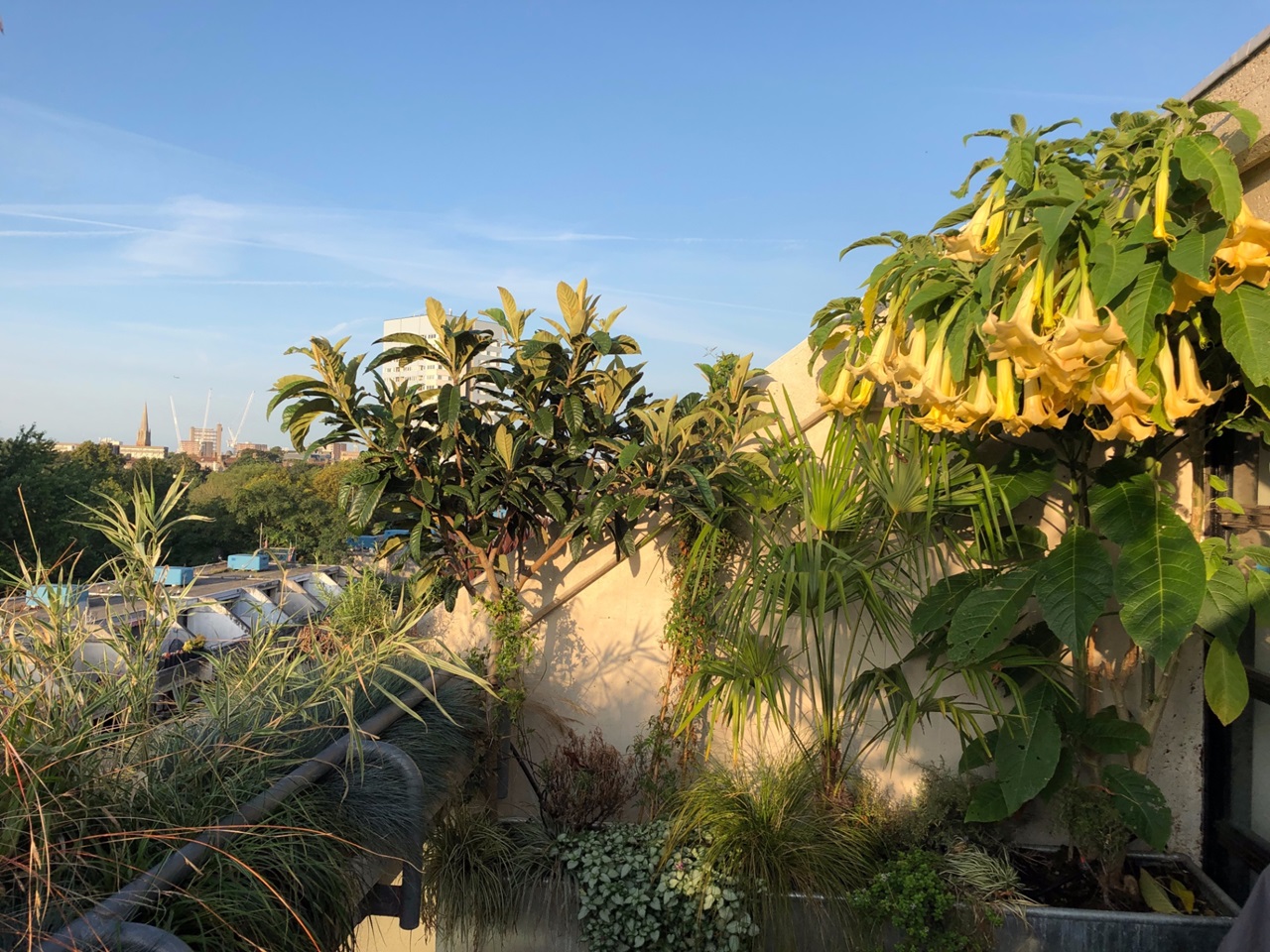
We are putting together a series of discussions to address the key issues of climate change and its impact. Our aim is to assemble a set of practical answers to the pressing questions: How do we generate enough clean energy? How do we heal and feed each other? How do we reinvent ourselves and our relationships with one another in this radically changing world?
Brain Trust lectures and discussion circles will cover topics including 3D printing, security and the food supply – thus exploring many different aspects of the solution to our current crisis… A key objective of our approach is that it is not directed toward government or any other power group, but rather toward ordinary people who need a working strategy on how to survive the climate crisis. It all comes back to fostering direct action and not just relying on our governments to create solutions. One of the key aspects that we will explore is open source technology, precisely because it does not require patents and licenses to use and allows for the modification of original knowledge—the source code—to suit specific needs. In this way, direct action and open source are ideologically very similar methodologies.
DGI has hosted a number of lectures in the iconic estate of Rowley Way, starting in 2023, and is developing the concept further, to the Caribbean island of Saint Vincent, in what we see as a perfect bridge between the Global South and Global North.
You can review materials from lectures that have already taken place here.
In June 2024, we will be hosting a series of discussion circles with the residents of St. Vincent and the Grenadines. Our goal is to understand not only how technology is invented but also how it is applied. We started Brain Trust with a lecture by Adrian Bowyer, one of the primary inventors behind 3D printing open source technology—which is principal both for solving practical problems in the world where prior supply chains fall apart and ideologically; in standing for an alternative way of producing, distributing, and maintaining technology that could make our world a safer and more just place.
We are looking to explore the questions,‘what do we need and what can we bring to vulnerable communities?’, and, ‘what does David Graeber’s legacy have to do with these questions?’
